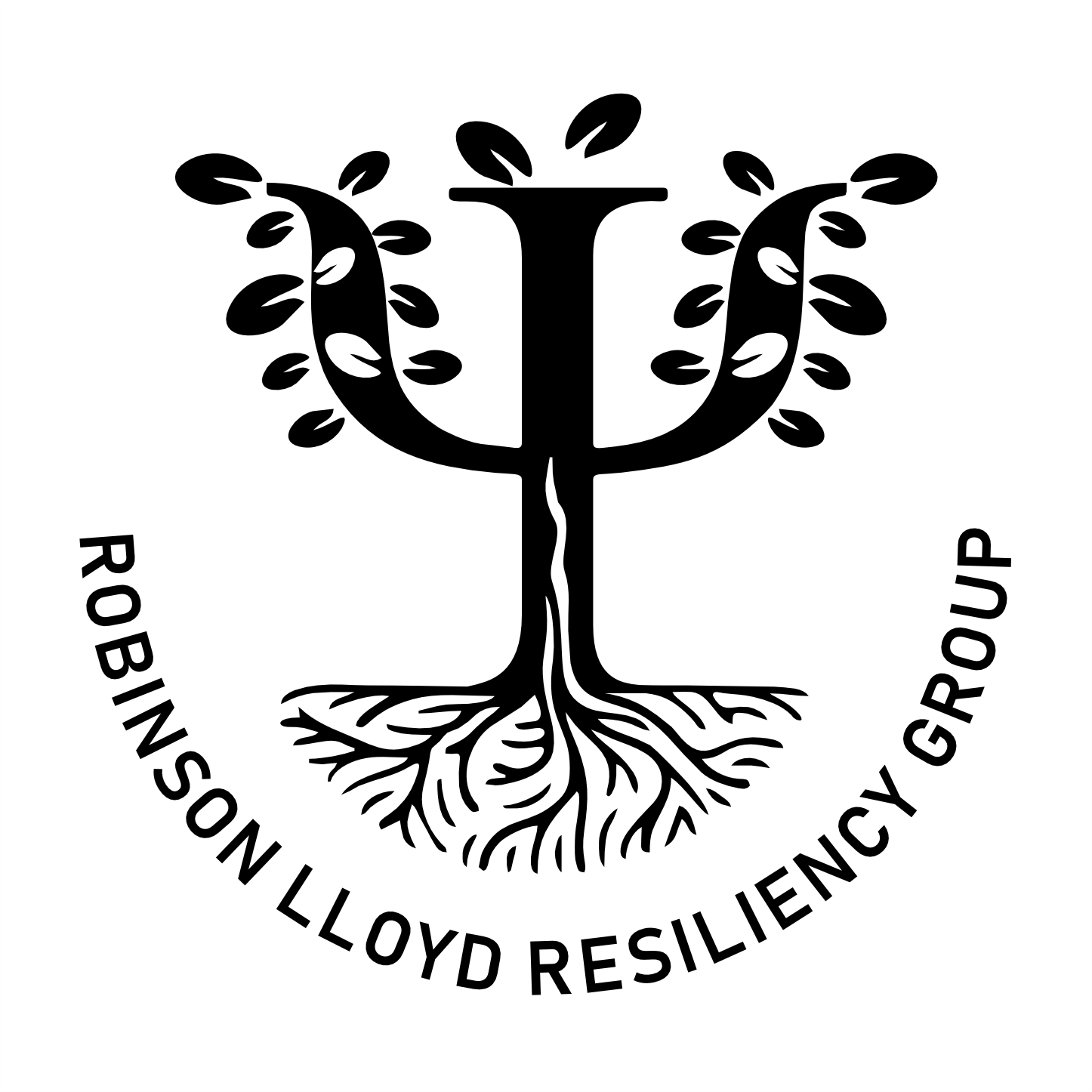Too Young to Think of Dying
“I just want to die … and be with my brother,” were the words of 13-year-old Tyree. He went on to display his efforts of suicide.
Just looking at Tyree, who had a lot of friends and seemed to be the life of the party, you would never have known. Upon learning his disclosures, his mom was unforgiving and berated him for his ingratitude as she worked hard to provide him with the finest material things.
Mom, seemed to miss the point, and she is not alone in this one.
We would have all missed the mark had it not been for the Robinson Lloyd Resiliency Group process to evaluate students’ self-reports of anxiety and depression. Without our assessment, Tyree would seem, by all accounts, fine.
This week, we are addressing the Imperative for Depression Assessments in Schools.
In the complex landscape of education, the well-being of students is paramount. One often overlooked facet of student welfare is mental health, specifically, the pervasive issue of depression, as witnessed in the case study of Tyree above.
He seemed outwardly happy. Think of the number of comedians, including the late Robin Williams, who died by suicide. It begs the question: why isn’t implementing routine depression assessments in schools a requirement? This is a crucial step toward fostering a healthy learning environment and preparing students for a resilient future. Here are a few strong reasons to consider.
Firstly, depression can impede academic performance. When left undetected, it may manifest as a persistent hindrance to a student’s ability to concentrate, engage in class, and complete assignments. Regular assessments would enable educators to identify struggling students early on, providing targeted support and mitigating the detrimental impact on academic achievements.
Moreover, adolescence is a critical period for emotional and psychological development. Depression, if undetected and untreated, can lead to severe consequences, such as substance abuse, self-harm, or even suicidal tendencies. By incorporating depression assessments into the school system, educators can identify at-risk students and facilitate timely interventions, preventing the escalation of mental health issues. What often hinders educators is an understandable reluctance to deal with the paperwork and parents. This is something that can be easily contracted at a reasonable price to assessment companies like Robinson Lloyd Resiliency Group. Parents want to know what to do before it’s too late, and the costs of a funeral outweigh the costs of attending to children’s mental and emotional concerns.
Critics may argue that assessing mental health could be invasive or stigmatizing. However, it is essential to reframe this perspective. Depression assessments should be seen as tools for empowerment, enabling students to understand their emotions and equipping schools with the means to provide necessary support. This shift in mindset can contribute to a culture of openness surrounding mental health, reducing stigma and fostering a supportive community.
Furthermore, depression assessments contribute to a holistic approach to education. By addressing mental health alongside academic achievement, schools acknowledge the interconnectedness of well-being and learning outcomes. Students who feel supported emotionally are more likely to thrive academically, creating a positive feedback loop that benefits both individuals and the educational system as a whole.
In conclusion, the implementation of depression assessments in schools is not merely a choice but a responsibility. It is a proactive measure that aligns with the evolving understanding of education as more than just the transmission of knowledge. By prioritizing the mental health of students, schools contribute to the development of resilient, well-rounded individuals ready to face the challenges of an increasingly complex world.
We would like to know how your school uses assessments. Are these implemented and studied as part of student learning plans?
To learn more about the value of assessment data or our Resilient STARS (Self-awareness, Tenacity, Attention, Retention & Strategic Planning) approach to teaching cognitive behavioral therapy (CBT) tools to students, please call us at 862-253-3427 or email [email protected].

